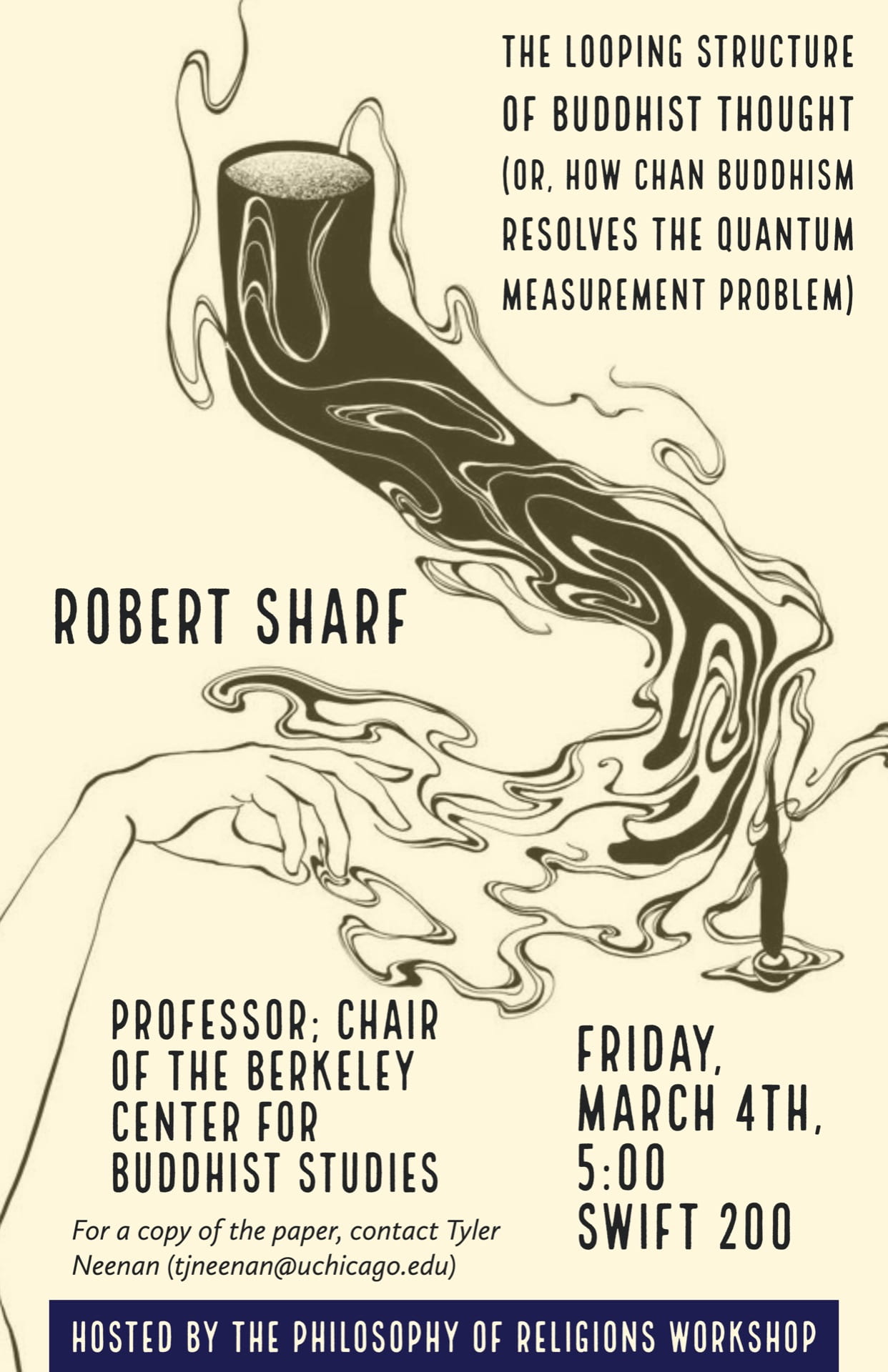Brad Cokelet
Associate Professor, University of Kansas
Extended Innate Knowledge as a Path to Virtue and Happiness: Wang Yang-ming’s optimistic Neo-Confucian Model of Human Self-Perfection
The presentation will be on the neo-Confucian philosophy Wang Yang-Ming (1472-1529) and his optimistic Neo-Confucian model of human self-perfection. It will focus on interpretive debates about how to understand his view and on how to assess it today. In short, Wang argues that all human beings have innate knowledge of good and bad and that to live well and embody true virtue we need only recognize and extend that knowledge into in all our activities and all the corners of our lifeworld. Wang explicitly pitched this optimistic, egalitarian view as an alternative to Zhu Xi’s then overwhelmingly influential theory, which pictures people as initially mired in a kind of ignorance that can only be overcome by diligent study and reflection. On Zhu Xi’s broadly intellectualist view – which is commonly compared to Aristotle’s and Plato’s – we must study texts and the things of the world to gain knowledge of the principle or principles that govern the universe. The basic idea is that we need to gain philosophical or metaphysical knowledge via education and long study before we can embody that knowledge in sagely virtue and ease. Wang rejected that potentially elitist picture, offered an egalitarian alternative, and argued that the pursuit of genuine knowledge and action are unified in a way Zhu Xi’s followers missed – because they assumed that one should first aim to gain knowledge through long philosophic and textual study and only then aim to embody that knowledge in virtuous activity.
The documents may be accessed here.
Tuesday, May 10th, 4:30PM, Swift 403
This workshop will focus on two pre-circulated documents and will be largely discussion based. The first is a brief introduction to the project, the second a recently published review to help people to understand the background motivations that have sparked Professor Cokelet’s interest in Wang and debates about how to interpret him. Workshop participants should feel free to read as much or as little as they want!
___________
The Workshop on the Philosophy of Religions is committed to being a fully accessible and inclusive workshop. Please contact Workshop Coordinators John Marvin (johnmarvin@uchicago.edu) or T

